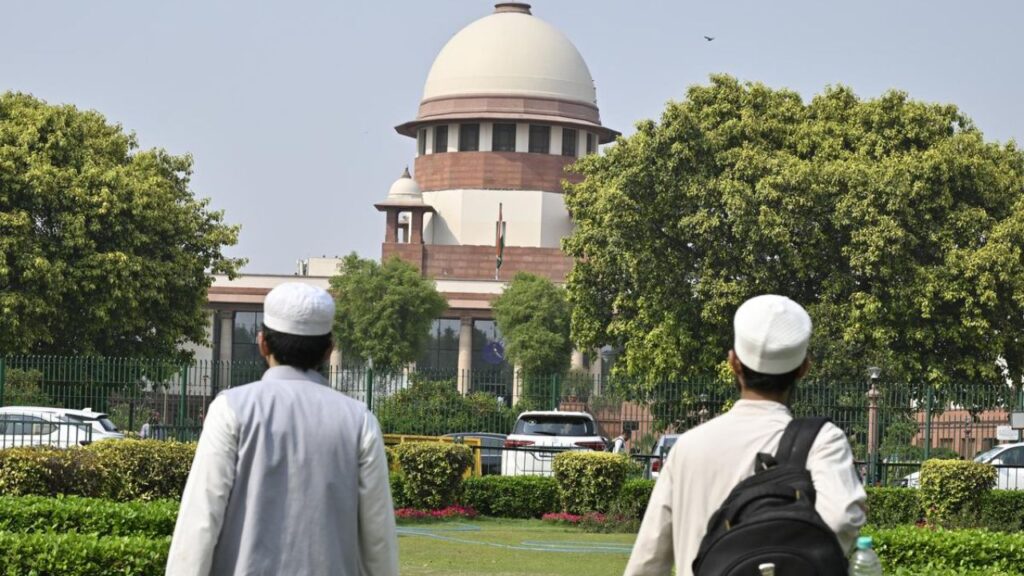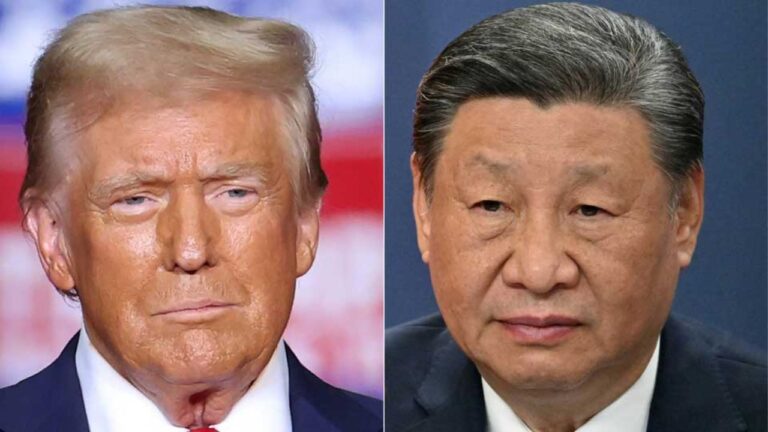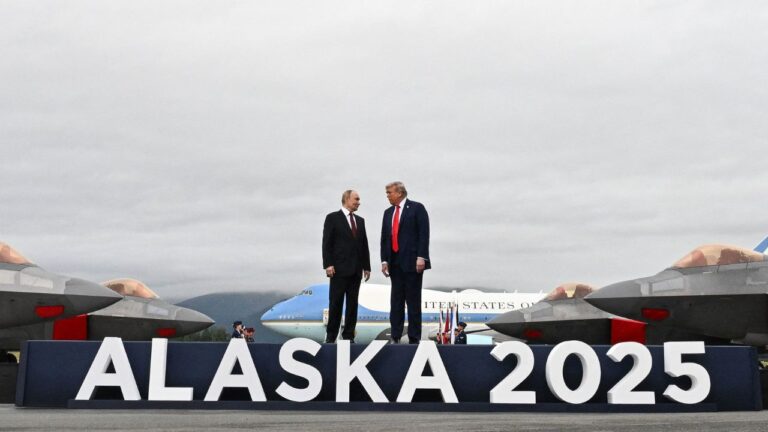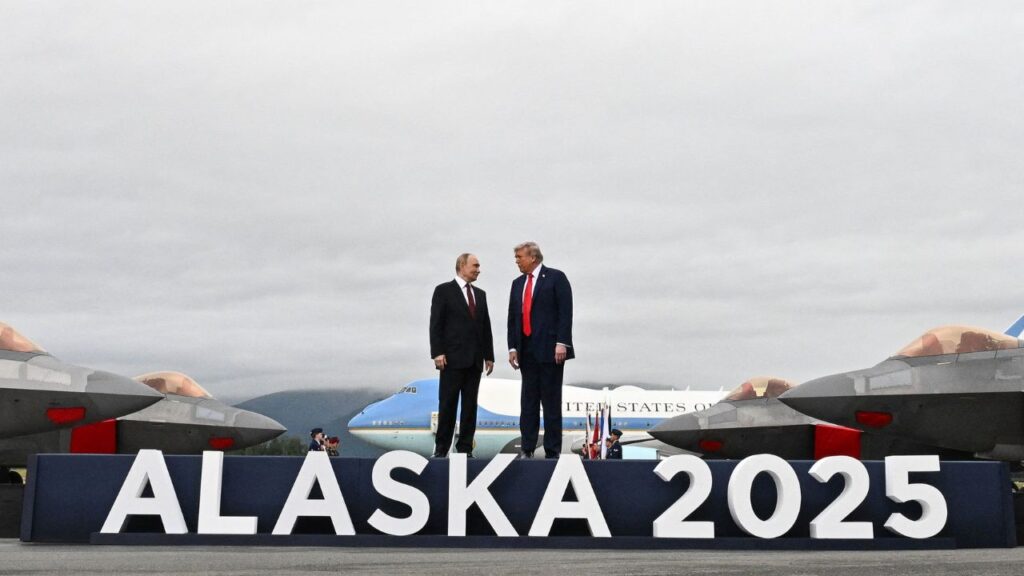The Supreme Court of India has issued an interim order concerning the controversial Waqf (Amendment) Act, 2025, following a series of petitions challenging its constitutional validity. The Act, which introduces significant changes to the management of waqf properties, has faced criticism from various political parties, religious organizations, and civil society groups.
A bench comprising Chief Justice Sanjiv Khanna and Justices P.V. Sanjay Kumar and K.V. Viswanathan heard arguments from petitioners who contend that the amendments infringe upon the fundamental rights of the Muslim community, particularly regarding religious autonomy and the management of waqf properties.
In response to the concerns raised, Solicitor General Tushar Mehta, representing the central government, assured the court that provisions related to the inclusion of non-Muslims in Waqf Boards and the de-notification of waqf properties would not be enforced until further notice. The court recorded this assurance and emphasized maintaining the status quo concerning waqf properties and board appointments.
The Waqf (Amendment) Act, 2025, which received presidential assent on April 5 and came into force on April 8, introduces several changes to the original Waqf Act of 1995. Key amendments include redefining waqf, mandating written deeds for waqf declarations, and allowing non-Muslim representation in Waqf Boards. Critics argue that these changes undermine Islamic principles and the community’s right to manage its religious endowments.
Political parties such as the Dravida Munnetra Kazhagam (DMK) and the Indian Union Muslim League (IUML), along with various Muslim organizations, have filed petitions asserting that the Act violates Articles 14, 15, 25, and 26 of the Constitution, which guarantee equality before the law and the right to manage religious affairs.
The Supreme Court has scheduled the next hearing for May 5, 2025, to deliberate further. Until then, the interim order ensures that the disputed provisions of the Waqf (Amendment) Act, 2025, remain unenforced, preserving the existing structure and management of waqf properties across the country.
The governance of waqf properties in India had been regulated by the Waqf Act of 1995, which replaced earlier laws dating back to the British era. The law was amended in 2013 to include stronger penalties for encroachment on waqf land.
The 2024 Bill sought to redefine how a property is deemed to be in the possession of a waqf. It sought to remove the concept of “waqf by user”, under which a property used by Muslims for religious purposes could be considered waqf property. This could affect numerous mosques and graveyards.

















